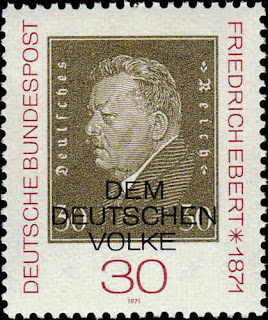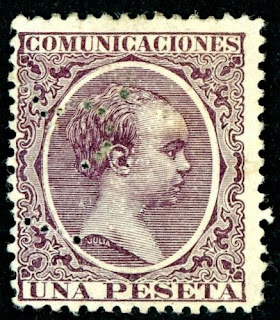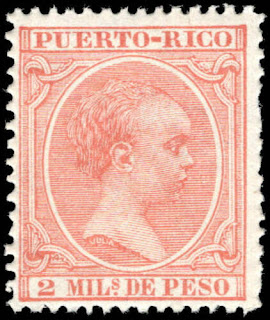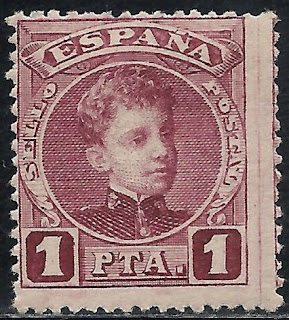Here are some events that happened on February 28th. It could be an event or a person that died or was born on that day
1925 Died: Friedrich Ebert, German politician, 1st President of Germany (b. 1871)
Friedrich Ebert (4 February 1871 – 28 February 1925) was a German politician of the Social Democratic Party of Germany (SPD) and the first President of Germany from 1919 until his death in office in 1925.
Ebert was elected leader of the SPD on the death in 1913 of August Bebel. In 1914, shortly after he assumed leadership, the party became deeply divided over Ebert's support of war loans to finance the German war effort in World War I. A moderate social democrat, Ebert was in favour of the Burgfrieden, a political policy that sought to suppress squabbles over domestic issues among political parties during wartime in order to concentrate all forces in society on the successful conclusion of the war effort. He tried to isolate those in the party opposed to the war, but could not prevent a split.
Ebert was a pivotal figure in the German Revolution of 1918–19. When Germany became a republic at the end of World War I, he became its first chancellor. His policies at that time were primarily aimed at restoring peace and order in Germany and containing the more extreme elements of the revolutionary left. In order to accomplish these goals, he allied himself with conservative and nationalistic political forces, in particular the leadership of the military under General Wilhelm Groener and the right-wing Freikorps. With their help, Ebert's government crushed a number of socialist and communist uprisings as well as those from the right, including the Kapp Putsch, a legacy which has made him a controversial historical figure.
German stamps depicting Friedrich Ebert
1941 Died: Alfonso XIII of Spain (b. 1886)
Alfonso XIII (17 May 1886 – 28 February 1941), also known as El Africano or the African, was King of Spain from 1886 until the proclamation of the Second Republic in 1931. He was a monarch from birth as his father, Alfonso XII, had died the previous year. Alfonso's mother, Maria Christina of Austria, served as regent until he assumed full powers on his sixteenth birthday in 1902.
During Alfonso's reign of the Kingdom of Spain, the country experienced four major problems that contributed to the end of the liberal monarchy: the lack of real political representation of broad social groups; the poor situation of the popular classes, especially peasants; problems arising from the Rif War; and Catalan nationalism. The political and social turbulence that began with the Spanish–American War prevented the turnaround parties from establishing a true liberal democracy, which led to the establishment of the dictatorship of Miguel Primo de Rivera. With the political failure of the dictatorship, Alfonso impelled a return to the democratic normality with the intention of regenerating the regime. Nevertheless, it was abandoned by all political classes, as they felt betrayed by the king's support of the dictatorship of Primo de Rivera.
He left Spain voluntarily after the municipal elections of April 1931, which were taken as a plebiscite on abolishing the monarchy.
Spanish and Puerto Rico stamps depicting Alfonso XIII





